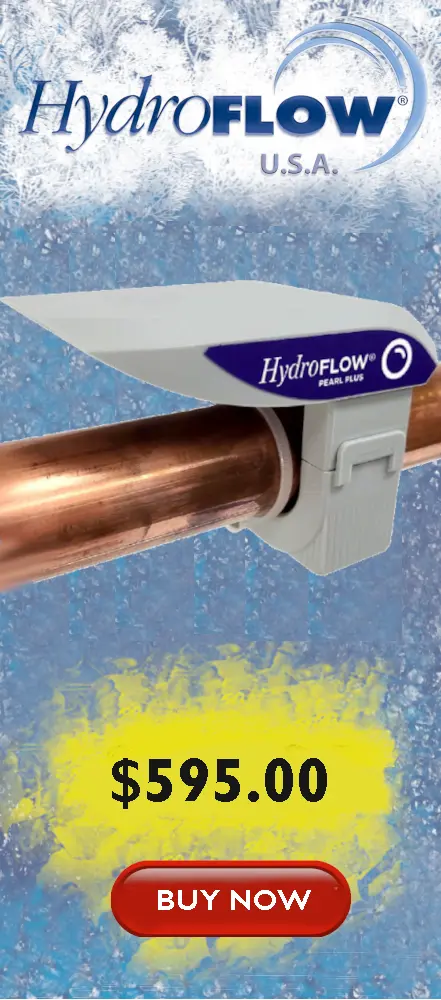Nebraska
Water Quality in the state of Nebraska
Nebraska is a midwestern U.S. state known for it’s towering sand-hill dunes, great-plains and for the panhandle’s dramatic rock formations. Nebraska is home to the most famous landmark associated with the great western migration – Chimney Rock Mountain.
Nebraska has an overabundance of water available to the state; both groundwater and surface water are readily available. Nebraska has a great amount of water supplies stored in underground aquifers. 85% of Nebraska’s population uses groundwater as their drinking water source. While there is an incredible amount of available rivers, lakes and streams, runoff from rain and irrigation systems creates an issue with surface water contamination. There is also a growing concern of groundwater fertilizer and chemical contaminations in some groundwater locations around the state.
Water Hardness by City
Nebraska water is considered hard. The average water hardness for the Nebraska resident is around 204 PPM. The highest hard water number comes from Grand Island at 255 PPM and the city with the softest water is Bellevue with 30 PPM. Omaha water is 188 PPM and is considered hard according to the USGS water hardness measures.
For more information on water hardness in specific cities, please see table below.
PPM = Parts Per Million
mg/L = Milligrams Per Liter
gpg = Grains Per Gallon
Agriculture and Water Hardness
Nebraska has a strong farming community with agriculture ranking as the state’s top-producing industry. Top leading commodities are cattle, hogs, corn, soybeans, eggs, dairy, beans and sugar beets. Nebraska has just under 50,000 farms and ranches with an average of 907 acres. 1 in 4 jobs is agriculture-related.
As Nebraska has water rich in calcium (the primary source of water hardness), many farms and food process plants experience issues related to scale buildup in their irrigators, production, and processing equipment, due to the mass quantities of water flow every day. In addition, contaminants polluting soil and waterways have increased greatly over the past few decades and there is a greater need for waste and chemical control. Many farmers are looking for eco-friendly solutions that can increase the quality and yield of their crops while saving water. Read more about how HydroFLOW can increase crop yield.
Solutions to your Water Quality Problems
Fixing your water quality issues in the state of Nebraska will depend on your specific water source. It is best to test your potable water supply in order to get a better understanding of your water quality. Testing is relatively cheap. The test results will allow you to understand if your potable water has issues that need to be addressed. Common solutions to water contamination problems may include a water filtration system, a reverse osmosis system or other whole home water treatment solutions.
A problem that almost all Nebraska residents will have to deal with is hard water. One old-fashioned, inefficient, expensive and unhealthy method to treat hard water is with a salt-based water softener. Most people don’t realize that if you’re using a water softener you are basically removing calcium and magnesium from your drinking water and adding salt to your diet. In addition, many states are banning the use of salt-based water softeners.
Alternative water treatment solutions such as “water conditioners” have been gaining popularity in recent years because they are cheap to operate and the best eco-friendly solution for hard water. Hydropath technology, which powers the HydroFLOW water conditioners is by far the most efficient and cost-effective eco-friendly solution to deal with hard water problems. To learn more about how HydroFLOW solves the problems created by hard water, please check out our technology page. You might want to read this blog that explains the difference between water conditioners and water softeners: Water Conditioner vs. Water Softener Blog.


